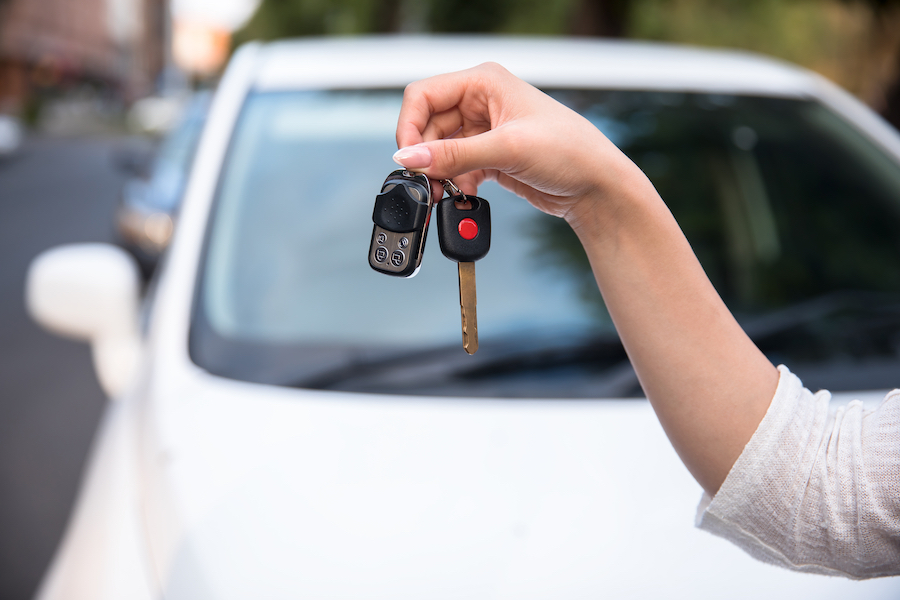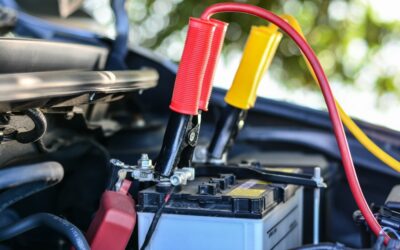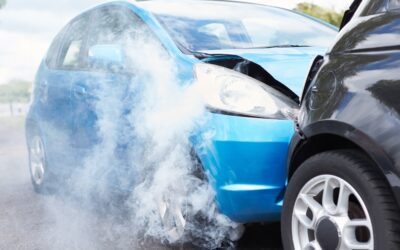If you’ve recently passed your driving test, then you might be thinking about buying your first car.
In this post we’ll explore some of the questions you should ask yourself when buying a car for the first time. These considerations won’t just help you get the best deal, they’ll also ensure you choose a car that truly suits your needs.
The Two Most Important Questions to Ask When Buying Your First Car
- What’s my budget? Don’t just think of the price of the car. Think of the running costs too, in terms of mileage, the cost of fuel, servicing, maintenance, tax, and insurance.
- What sort of driver am I? Or to put it another way, how will you be using your car? If you live in the city, you may like something compact and manoeuvrable. But if you’ll regularly be driving long distances in your car, you may want to prioritise comfort and mileage. Think about your practical needs and find a car that meets them.
What Makes A Good First Car?
It’s important that your car meets your practical needs. But if you’re new to driving, above all you should look for a car that’s cheap to buy, cheap to run, and easy to handle. You’re probably not ready for a high-performance car just yet.
A small city car should suit the needs of most new drivers. These are almost always reasonably-priced, they’re highly manoeuvrable, and they’re generally fitted with a host of useful driving aids. So you’ll find them easy to handle as you get to grips with driving independently on UK roads.
As an added bonus, smaller cars are generally more fuel efficient, which means lower running costs, and cheaper tax too. And on top of all this, small city cars are most likely to be in the lower insurance groups, which means you may pay less for car insurance.
Here are some models you might look into for your first car:
- Citroen C1
- FIAT Panda
- Vauxhall Corsa
- Ford KA
Buying Your First Van?
If you’re looking to buy your first van, then once again, you should prioritise your practical needs. But beyond the van itself, van drivers need to consider a host of additional factors. You may need a special licence to drive certain vans, for example. Plus, there are specific road laws for van drivers, and you may also need specialist van insurance.
Read our full guide to buying your first van. This general introduction will tell you almost everything you need to know before you start buying a van. It also links to a number of additional resources, including a guide to the best vans for fuel consumption, and the best medium-sized vans.
Be sure to also check out our van driving tips for new drivers.
Should I Buy a New Car or a Used Car?
There are pros and cons to buying both new and used cars. Let’s look at each in turn.
Buying a Brand New Car – Pros
- You won’t have to get an MOT test until your car’s three years old.
- New cars are generally built to be more efficient and reliable, so you might save money on running costs, road tax, and car insurance.
- You’ll be able to specify the car to match your exact requirements.
- You won’t have to worry about the car’s service history, and the car won’t need any servicing or maintenance before it’s safe to drive.
Buying a Brand New Car – Cons
- How long does it take to buy a car? When there are global supply chain issues, many may struggle to buy brand new cars. Even if you buy online, you might have to wait for months before your new car is ready.
- New cars almost always cost more upfront than used cars – though you might be able to get a good deal on finance.
- Your new car might be a target for thieves and vandals – which might push up the cost of your insurance.
- Depending on how you intend to use your car, you may end up paying more for features and extras you’ll never use.
Buying a Used Car – Pros
- Used cars generally cost less upfront than new cars, so they can be the more affordable option if you’re a first-time buyer.
- If you don’t have a set car in mind, there is usually a good market of used cars to choose from. Although the global supply chain may impact repairs and costs if you buy a used car that needs some work and requires sourcing parts.
- Older cars will have been tested over the course of months and years in a range of driving conditions, so you’ll find lots of reliable reports and reviews when researching makes and models online.
- You can easily access any car’s service and MOT history, enabling you to make a more informed decision when shopping around.
Buying a Used Car – Cons
- When there is a global shortage of new cars you may find the price of used cars going up and have to spend more than you think.
- You might be able to get a used car on finance from a dealership, but if you’re buying from a private seller, they’ll probably expect you to pay in full. So even if a used car costs less overall than a new car, you may still face a large upfront cost.
- The vast majority of people are perfectly trustworthy, but some unscrupulous private sellers might not be fully forthcoming about a used car’s history. So make sure you do your checks.
- Depending on the car’s age, you might have to pay for servicing and maintenance before your used car’s ready to drive.
- Older cars can be more costly and difficult to repair, as garages and mechanics might struggle to source replacement parts.
Questions to Ask When Buying a Used Car
When there are global supply chain issue of new cars, you might have no choice but to buy a used car.
As such, it’s important that you get something safe and dependable that meets your needs.
Here are some of the important questions you should ask when buying a used car:
- Are the documents all in order? Make sure the car has a V5C registration document, or you won’t be able to tax it.
- What’s the car’s service history? Read our guide to learning about a car’s history here.
- What condition is the car in? Check for any obvious signs of accident damage. Also check that the tyres are in good condition, that all the seatbelts, lights, locks and windows are working, and that all the safety equipment is intact.
- How does the car sound? Are there any abnormal noises when you run the engine, press the clutch, or apply the brakes?
- How are the oil levels? If they’re too low, it might be a sign of neglect. It might indicate that the engine’s in worse shape than it seems.
- Does everything work like it should? Test the heating, air conditioning, sat-nav, radio, CD player, and any of the car’s other systems.
- Can I take this car for a test drive? A test drive will let you check all of the above yourself. And if the seller’s unwilling to let you try before you buy, then they may be hiding something!
- Is the car worth the sale price? At times when the supply chain of new cars is reduced, the price of second hand cars can increase. Make sure you do some research to make sure that the cars you look at are being priced fairly.
Affordable Car Insurance For New Drivers
Above we mentioned how some cars cost less to insure than others which might be a particularly important consideration for your first car.
But as well as picking the right car, there are some other things you can do to reduce the cost of cover.
We offer specialist car insurance for young drivers and new drivers with a range of fantastic optional extras, including legal cover, misfuelling cover and RAC breakdown cover.
As soon as your policy starts you’ll start building your no claims discount. You’ll also have the chance to protect it after just one claim-free year.
If you want cheaper car insurance, give us a call. Get a quote for new driver car insurance and buy online in minutes.




